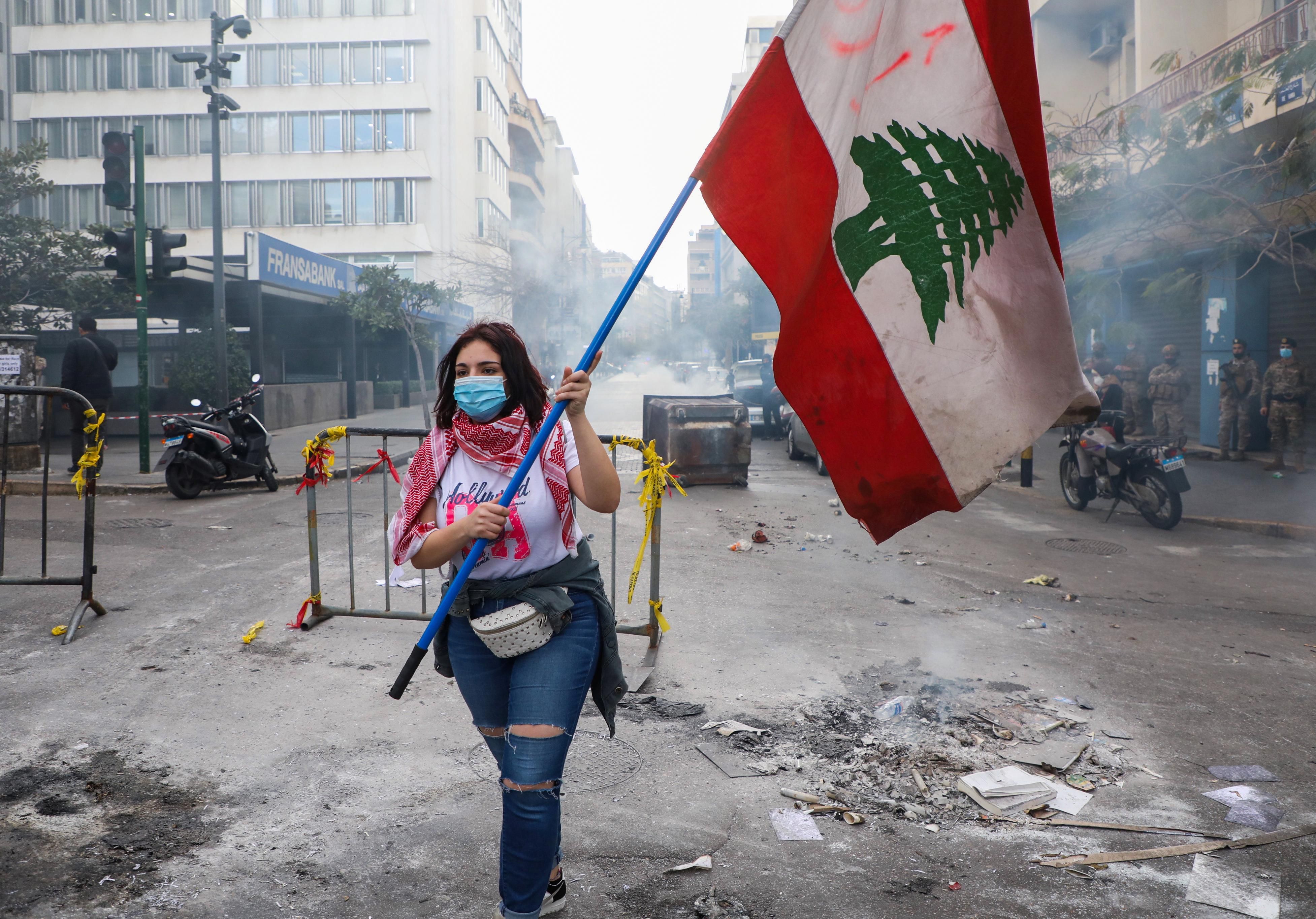15,000: Lebanese protesters rioted in Beirut on Tuesday after the value of the country's currency on the black market plunged to about 15,000 per US dollar. That's a third of what it was two weeks ago and a tenth of its value in late 2019, when Lebanon's latest currency crisis and economic collapse started.
22: For the first time in its history, the Pirate Party is leading voter opinion polls in the Czech Republic with 22 percent. The Pirates, popular among young people, became a major player in Czech politics during the 2019 street protests against Prime Minister Andrej Babiš, and have benefited from the government's poor handling of the pandemic. General elections are due this fall — ahoy Pirates!
510,000: China has blocked Signal. No, not us, but rather the last encrypted messaging app that was still accessible in the country without using a virtual private network to get around China's "Great Firewall" of internet censorship. Before it was taken offline on Tuesday morning, Signal had been downloaded more than 510,000 times in China on the iOS app store.
4: Brazil, with the world's second highest COVID death toll, has now had
four health ministers since the pandemic began. Dr. Marcelo Queiroga, a cardiologist, replaces army general Eduardo Pazuello, widely blamed for the country's slow vaccine rollout and oxygen shortages in hard-hit Amazonas state (which forced local hospitals to
import oxygen canisters from neighboring Venezuela).
